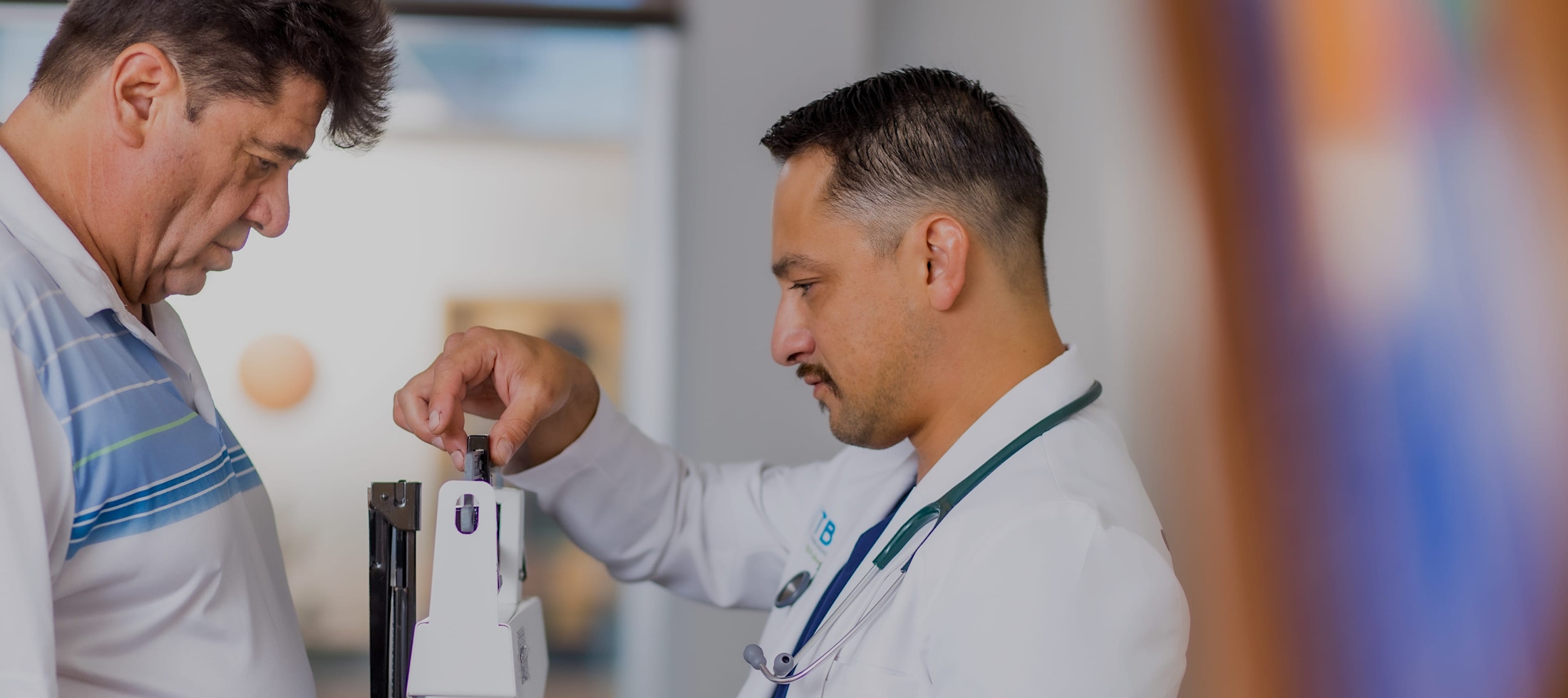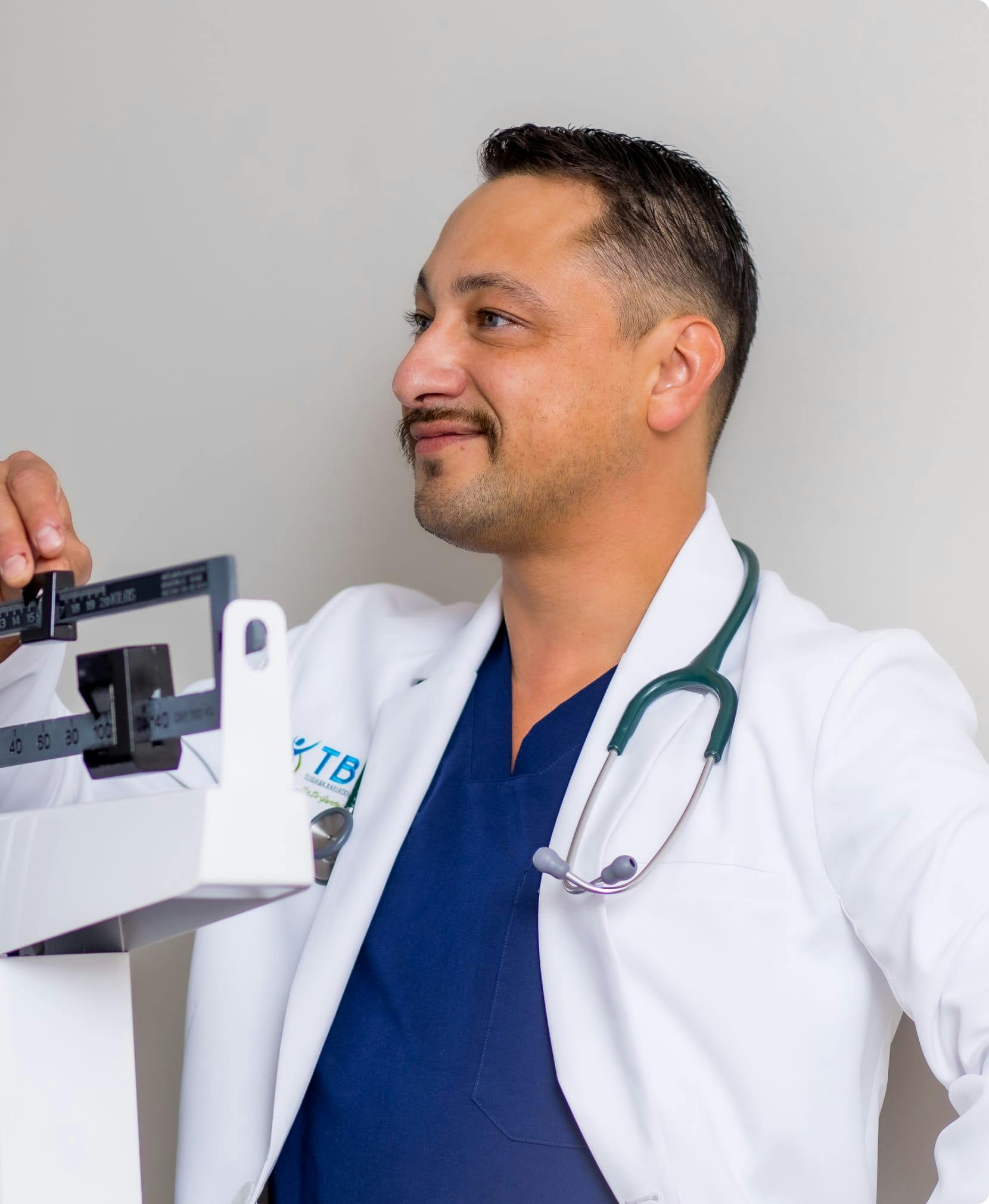Preparing for Gastric Bypass Surgery – Your Pre-Op Diet
Your new way of eating begins long before your operation. Following a gastric bypass pre-surgery diet has two purposes. The first is to help you become used to smaller portions, and the second is to assist you in making better food choices. Depending on your circumstances, you may begin preparing for weight loss surgery as soon as you are approved for the procedure. Your doctor will work with a bariatric dietician to develop an eating plan that best fits your situation.
You will start your personalized eating plan as soon as you are cleared for the procedure, anywhere from a few months to a few weeks before your surgery. Be sure to lose the amount of weight specified by your medical team because if you don't, your operation could be postponed or canceled. Drink clear liquids like water throughout the day, but make sure you stop drinking at least 30 minutes before each meal.












